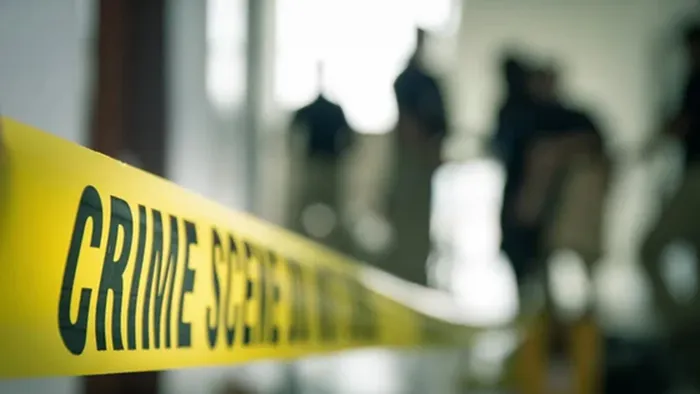SA tavern massacre: Poor intelligence systems hamper fight against crime

By Siyabonga Mkhwanazi
South Africa has been left reeling after a bloody weekend that saw more than 20 people shot dead in taverns across the country.
In a mass shooting in Orlando, Soweto, 15 patrons were shot dead at Mdlalose’s tavern.
A few kilometres away in the East Rand township of Katlehong, two more people were killed and about 497 kilometres away from Johannesburg, the village of Sweetwaters in Pietermaritzburg had to deal with the deaths of four people who were mowed down by armed men.
Very much like the US, the debate around gun violence and the tightening of gun laws is not a foreign one to South Africa.
And while the law enforcement agencies have kicked off investigations into these incidents, some experts believe it is too early to draw conclusions about the events that transpired.
Independent police and crime analyst Professor Johan Burger believes South Africa continues to have a fairly high crisis of criminal activities but the blame doesn't squarely lie with the police alone.
According to Burger, there are a plethora of issues that contribute to the high crime rates and this includes the current instability in the country as witnessed in the July 2021 riots in KwaZulu-Natal and Gauteng that left more than 300 people dead and the destruction of infrastructure.
There is also a large section of the population that is not happy with unemployment and poverty, Burger points out and adds that further exacerbating the issue is loadshedding and the rising cost of living while in some instances people resort to violence to express their dissatisfaction with the government.
Intelligence by South African police
Burger believes shootings in Soweto, Katlehong and Pietermaritzburg over the weekend and other cases demonstrate the fact that intelligence to pick up criminal activities in the country is lacking.
“It’s clear the police do not have the general intelligence about big crime groups to carry out these attacks. If we have information about these groups who carry out these attacks we can connect the dots. We must be worried. It is not just the police Crime Intelligence,” he says.
The lack of intelligence was raised in the report by former Cabinet Minister Sydney Mafumadi on his investigation into the State Security Agency in 2018 and Professor Sandy Africa’s report last year after the July unrest.
“All of them raised concern about timely intelligence to enable the security agencies to act timeously. What is extremely worrying is that the Mufamadi report was released in 2018 and the Africa report last year, one could say they are working on the Africa report but 2018 is a long time. Why don’t we hear from the Presidency about the implementation of the report by Dr Mufamadi? I think the public must be informed about the state of implementation. All you hear is enquiries, but we seldom hear about the state of implementation,” adds Burger.
He concedes that the police Crime Intelligence Unit has been in shambles for many years.
They do not even have the head of crime intelligence after Peter Jacobs was suspended some time ago.
“It looks like Crime Intelligence is hopping along with one leg. Crime Intelligence, as a division across the country, is not at a point to function optimally. We need to clean up crime intelligence and ensure that it functions optimally. You always need preventative intelligence. You need more than reactive intelligence, you need proactive intelligence.”
Are detectives in the police also overwhelmed with the amount of work they have to do?
Burger seems to think so.
Detectives, he says, are often pulled along into task teams once there is mass shootings such as those in Soweto, Katlehong and Pietermaritzburg.
This puts pressure on the already under-resourced and overstretched detective branch of the SAPS.
South African National Police Commissioner Fannie Masemola has had to quell tensions every week with several major crime incidents happening almost weekly.
On the other hand, citizens have already lost trust and confidence in the police.
But seemingly, one factor that is still keeping the country together despite the centre not holding in the police is the police officers who have committed themselves to fight crime in the streets every day.
“What is happening in the police was a reflection of what was going on in the Criminal Justice Cluster. Whoever is behind these attacks is exploiting the situation, they know the police are under pressure and the broader criminal justice cluster,” notes Burger.
Mkhwanazi is Current Affairs editor at African News Agency (ANA).
This article is original to the The African. To republish, see terms and conditions.